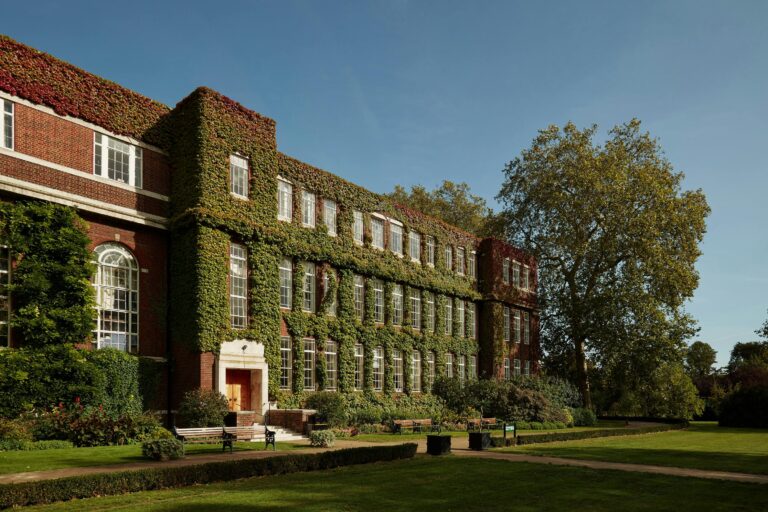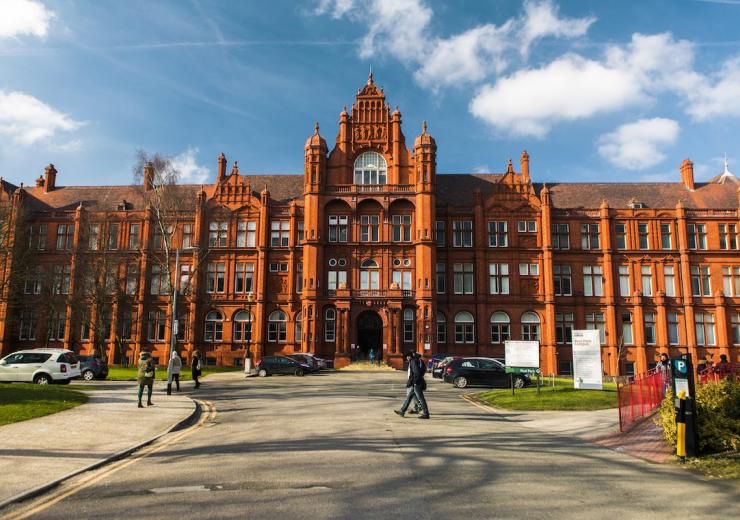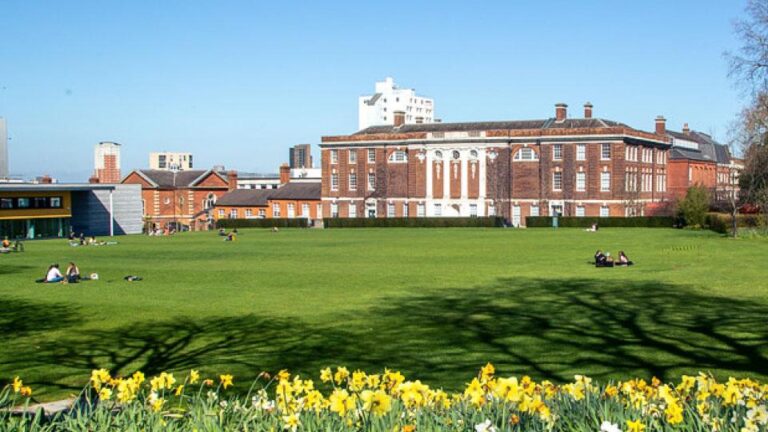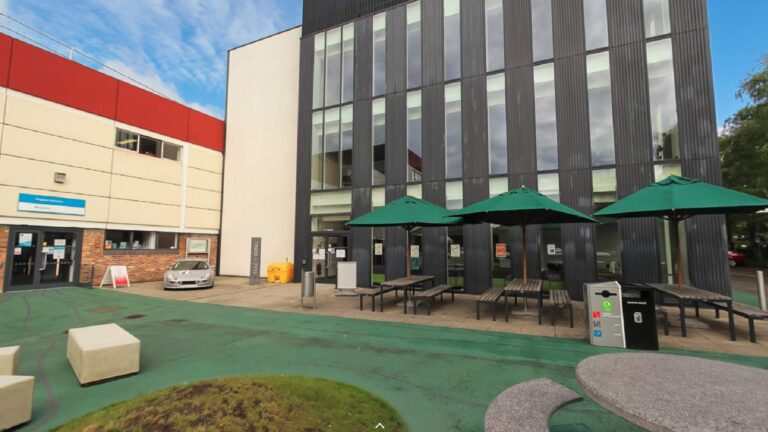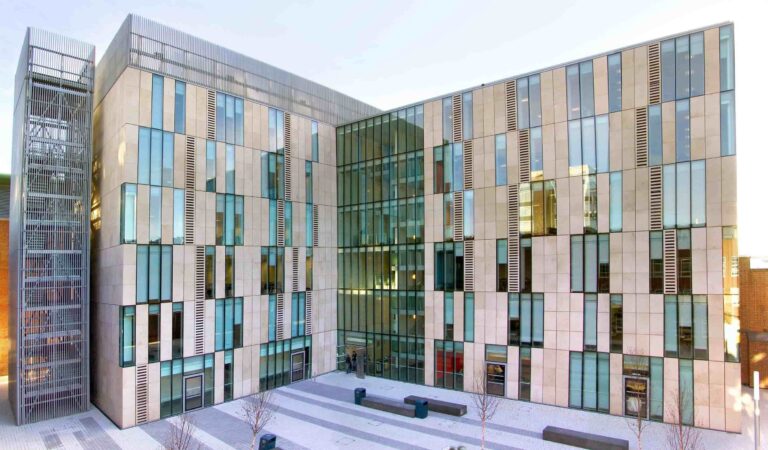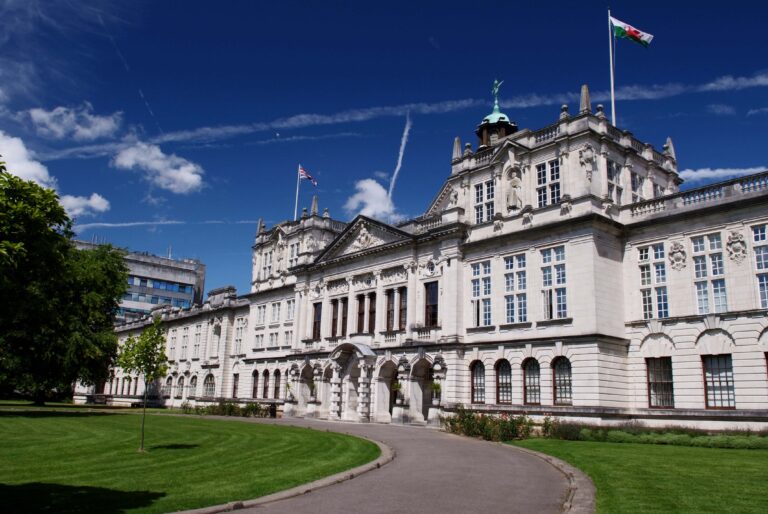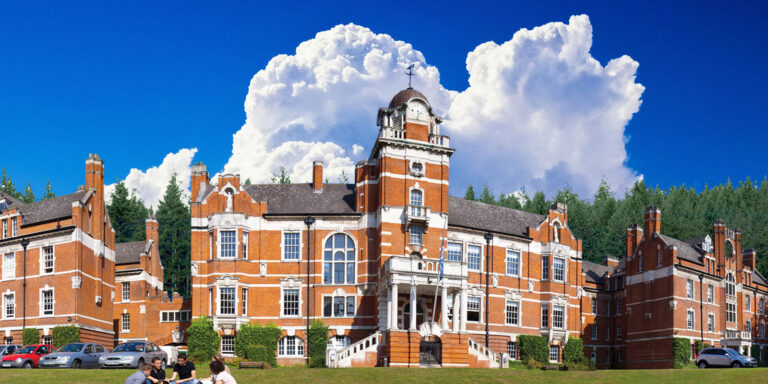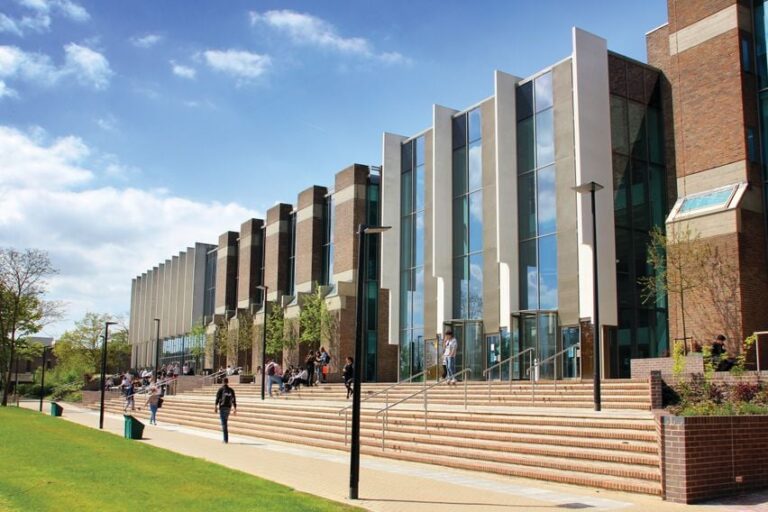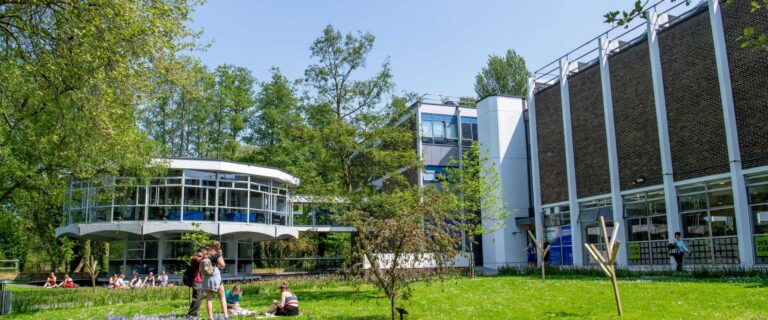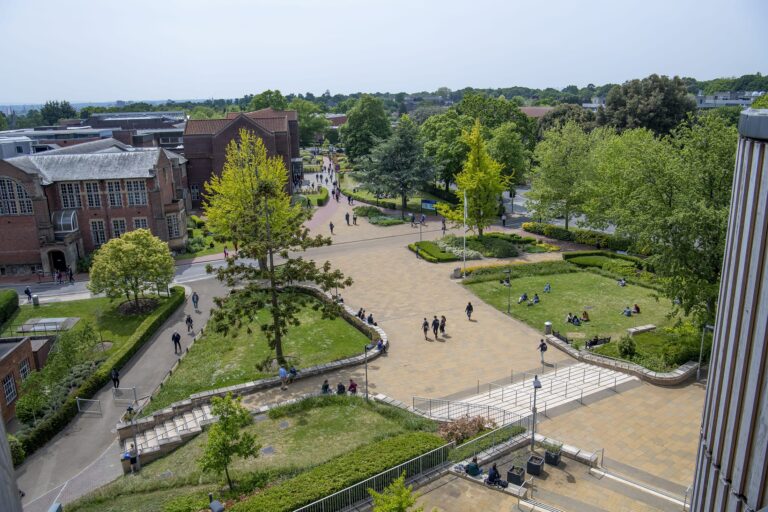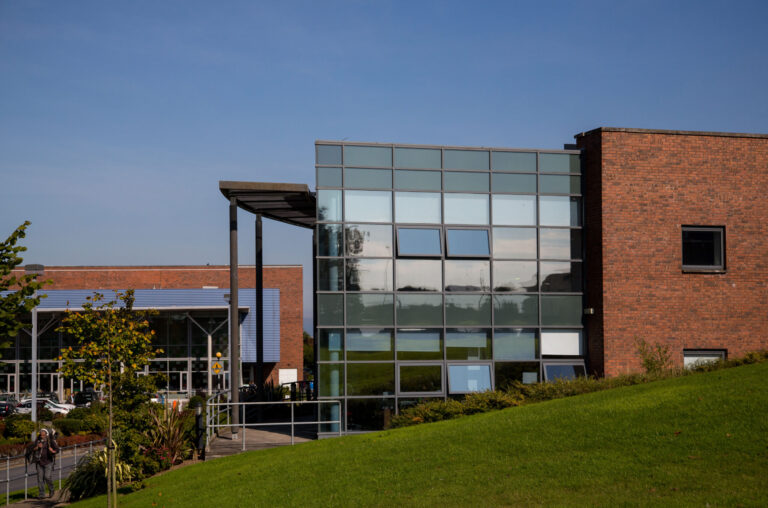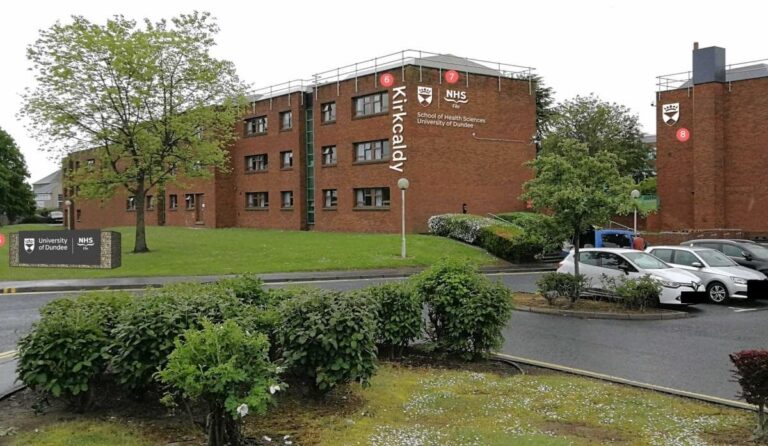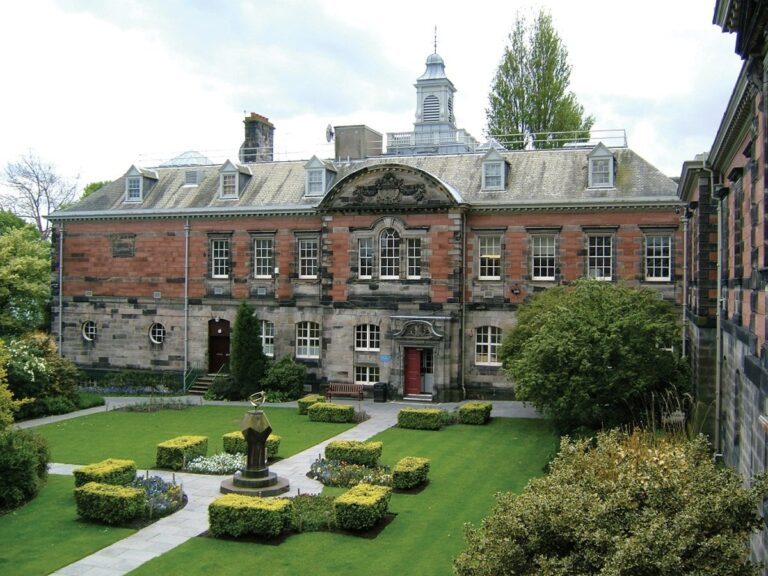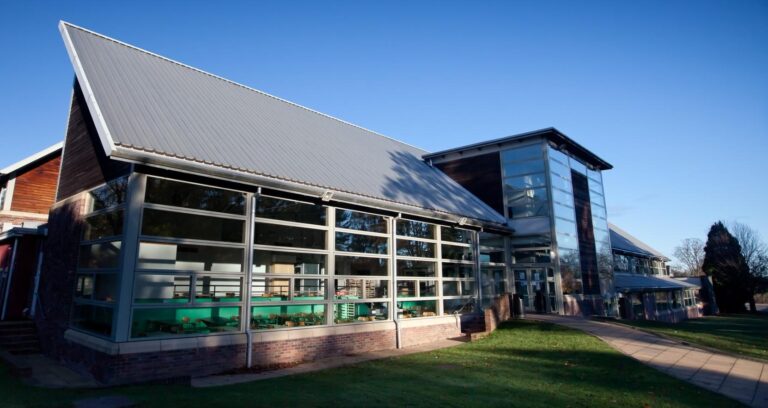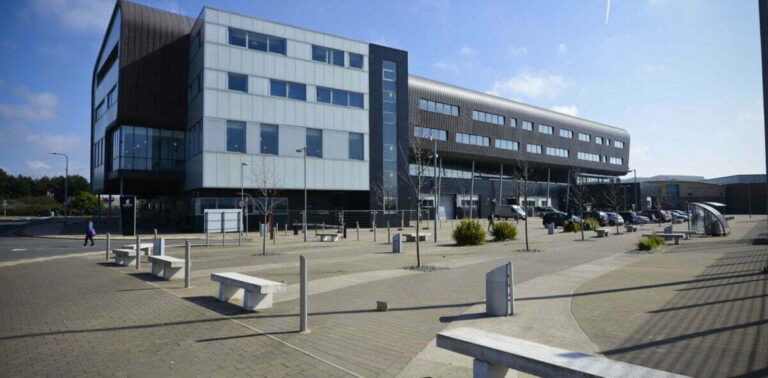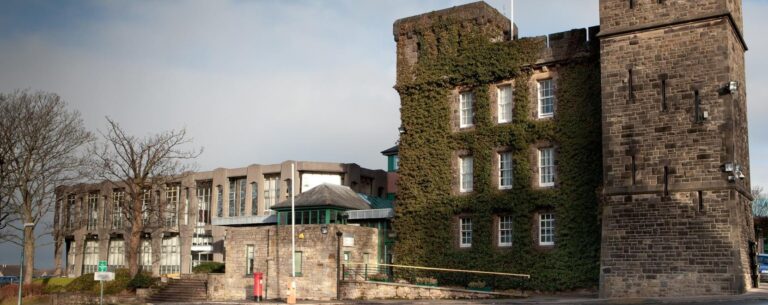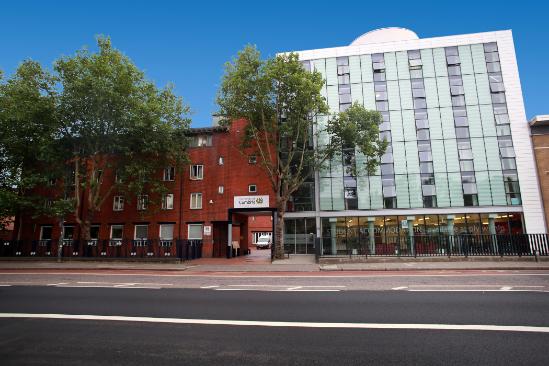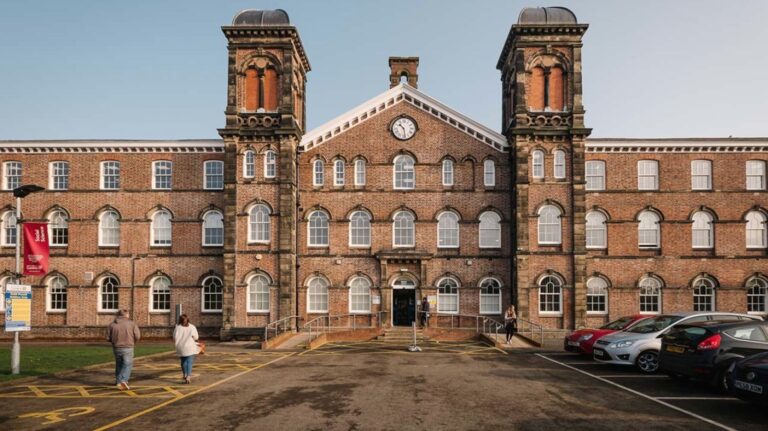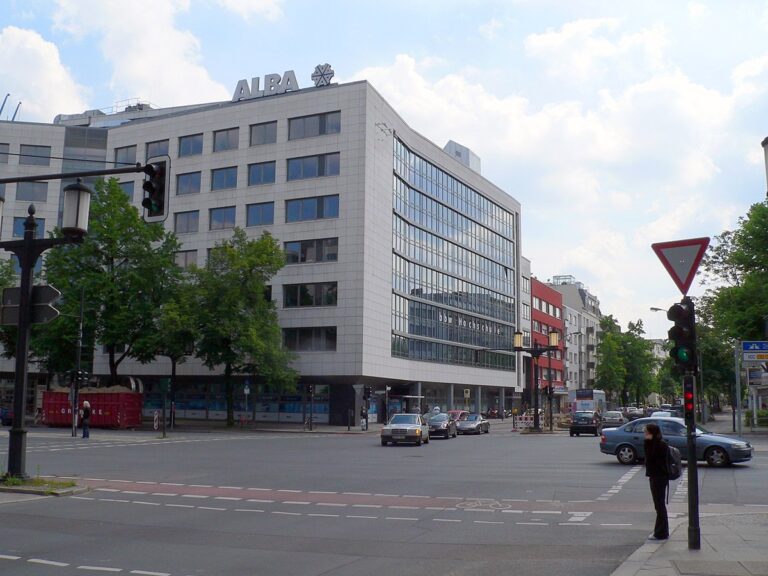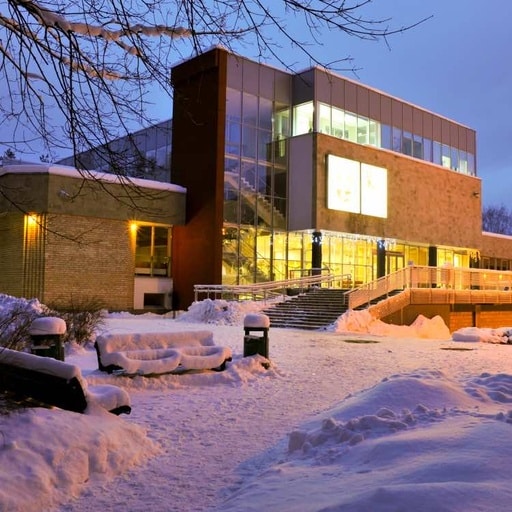Loading...
No Records Found
Sorry, no records were found. Please adjust your search criteria and try again.
Maps failed to load
Sorry, unable to load the Maps API.
London
United Kingdom
Tuition: €€€€€
Regent’s University London is a private university located in central London, UK. It offers undergraduate Read more...
Salford
United Kingdom
Tuition: €€€€€
The University of Salford, situated in Manchester, England, offers American students a unique blend of Read more...
London
United Kingdom
Tuition: €€€€€
Goldsmiths, University of London, isn’t your typical university. Nestled in vibrant southeast London, Goldsmiths offers Read more...
London
United Kingdom
Tuition: €€€€€
Kingston University, situated in southwest London, offers American students a unique blend of academic excellence, Read more...
Kingston upon Thames
United Kingdom
Tuition: €€€€€
Kingston University, situated in southwest London, offers American students a unique blend of academic excellence, Read more...
Cardiff
United Kingdom
Tuition: €€€€€
Nestled in the heart of Wales’ vibrant capital city, Cardiff University offers American students a Read more...
Gillingham
United Kingdom
Tuition: €€€€€
The Medway campus is friendly and close-knit, with students from a variety of backgrounds working Read more...
Canterbury
United Kingdom
Tuition: €€€€€
The University of Kent, nestled in the picturesque southeast of England, offers American students a Read more...
Winchester
United Kingdom
Tuition: €€€€€
If you are an American student looking to study abroad, the University of Southampton is Read more...
Southampton
United Kingdom
Tuition: €€€€€
The University of Southampton, a prestigious research university on England’s south coast, offers American students Read more...
Limerick
Ireland
Tuition: €€€€€
The Technological University of the Shannon: Midlands Midwest (TUS), spanning five campuses across Ireland’s vibrant Read more...
Kirkcaldy
United Kingdom
Tuition: €€€€€
Nestled in vibrant Dundee, Scotland, the University of Dundee offers American students a dynamic and Read more...
Dundee
United Kingdom
Tuition: €€€€€
Nestled in vibrant Dundee, Scotland, the University of Dundee offers American students a dynamic and Read more...
Carlisle
United Kingdom
Tuition: €€€€€
To the creators, entertainers, rule breakers and change-markers, this is your home, your campus, your Read more...
Barrow-in-Furness
United Kingdom
Tuition: €€€€€
Barrow-in-Furness is home to a nationally significant advanced manufacturing cluster, with our partner, BAE Systems, Read more...
Ambleside
United Kingdom
Tuition: €€€€€
Nestled in the heart of The Lake District National Park, our Ambleside Campus is the Read more...
Lancaster
United Kingdom
Tuition: €€€€€
Sat at the centre of Lancaster, this campus is home to our students in education, health, Read more...
London
United Kingdom
Tuition: €€€€€
Discover a unique hub of opportunity within the vibrant London Docklands, just steps away from Read more...
Carlisle
United Kingdom
Tuition: €€€€€
Nestled in the heart of the breathtaking Lake District National Park, the University of Cumbria Read more...
Berlin
Germany
Tuition: €€€€
The University of bbw Hochschule (bbw University of Applied Sciences), with campuses across multiple German Read more...
Šiauliai
Lithuania
Tuition: €€€€€
Vilnius University Šiauliai (VU Šiauliai) is a public university located in Šiauliai, Lithuania, offering a Read more...
Showing Schools 1-21 of 1019

